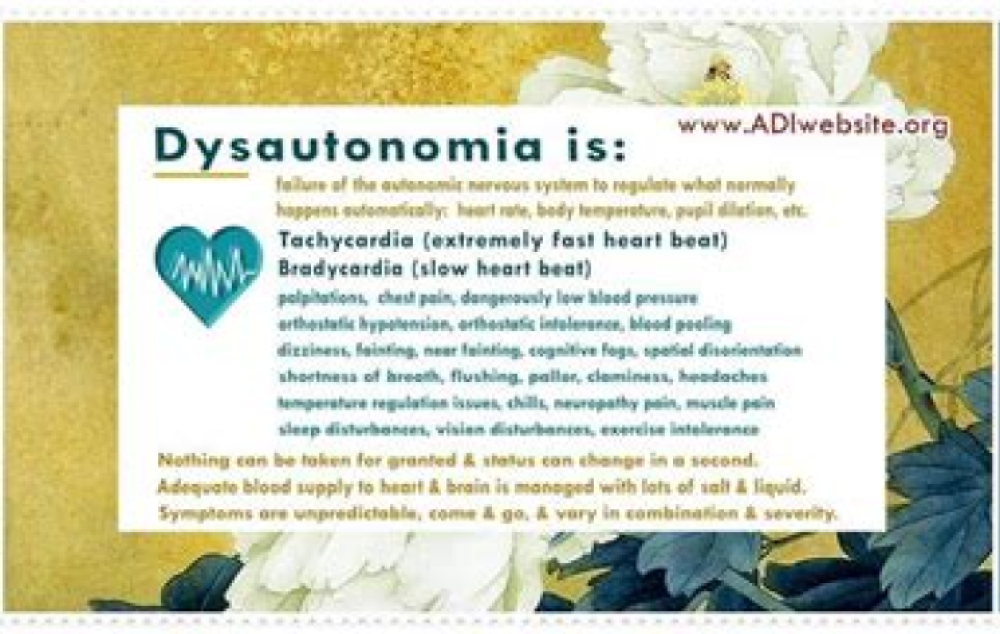Authors: The biostation
The world has been dealing with COVID-19 for just over a year now, yet we still seem to learn more about this virus daily. It also affects everyone differently. Some who test positive are completely asymptomatic, while others have landed in the hospital and worse. Still, others have recovered from both mild and severe symptoms completely and with lasting effects. One of those lasting effects has been labeled post-COVID brain fog.
What is COVID-19?
COVID-19 is a viral infectious disease caused by a new-to-us coronavirus. The name comes from corona (CO) virus (VI) disease (D) 19 (first discovered in 2019). It’s considered a respiratory infection with symptoms such as fever, dry cough, fatigue, body aches, headache, sore throat, diarrhea, nausea, pink eye, and a loss of taste or smell. Severe symptoms include chest pressure or pain, shortness of breath and difficulty breathing, and loss of movement or speech. It takes an average of five to six days to develop symptoms after exposure, and you remain contagious for up to 14 days.
What Is COVID Brain Fog?
Brain fog is not a medical term, but it’s used by many to define symptoms that affect the brain processes. Symptoms of general brain fog include difficulty with word retrieval, slower thinking processes, loss of memory, becoming easily confused, difficulty concentrating, and becoming distracted easily.
For More Information: https://thebiostation.com/bioblog/is-post-covid-19-brain-fog-real/
